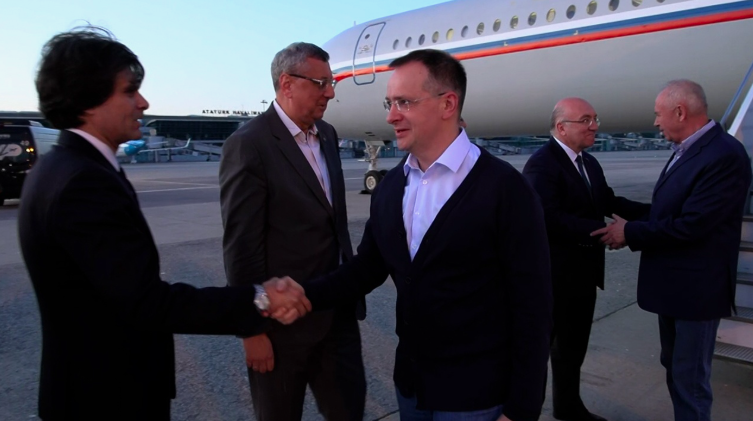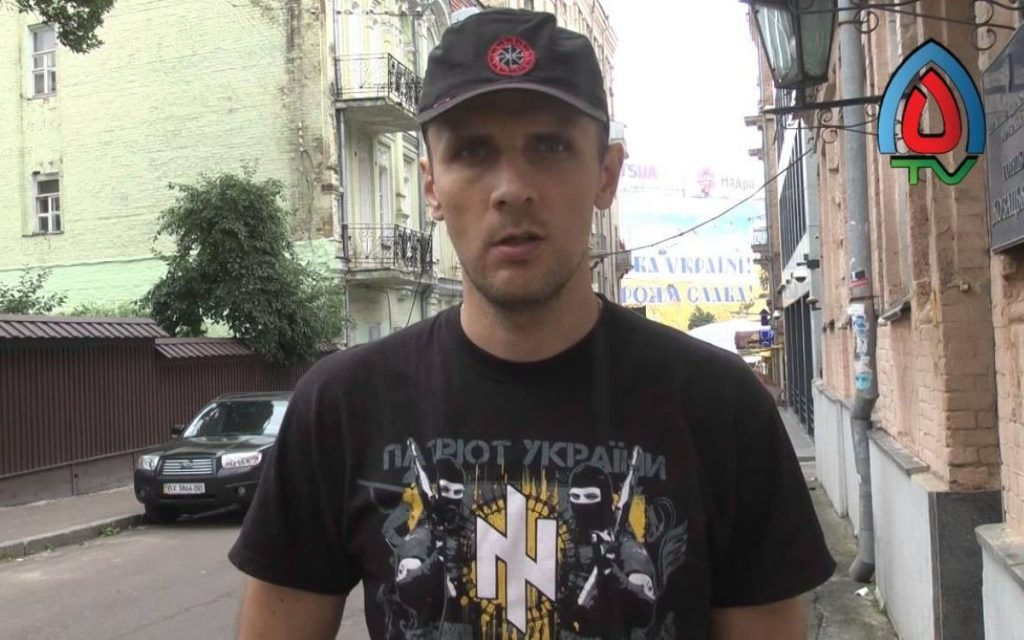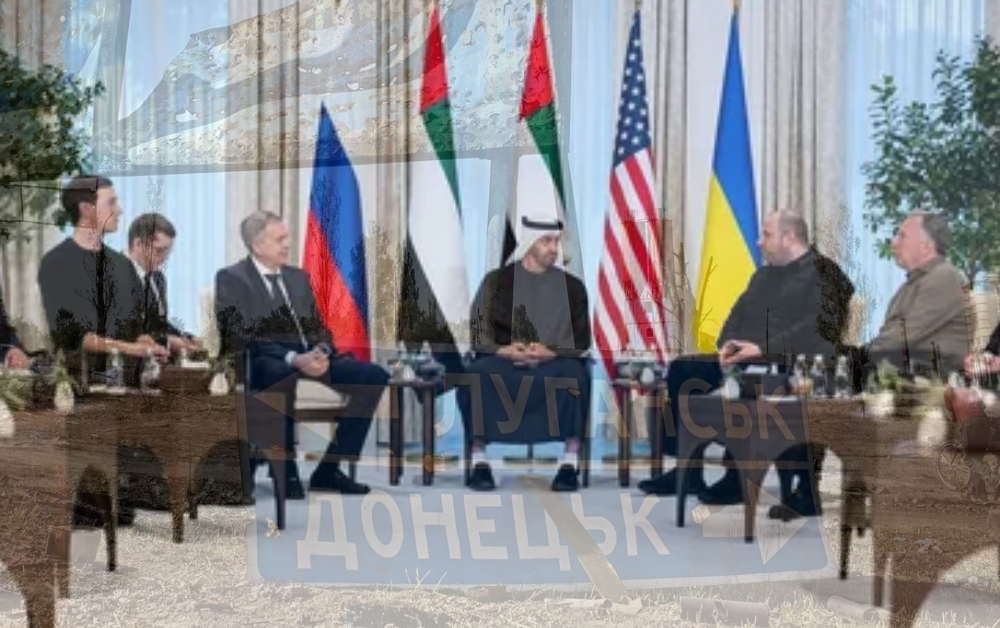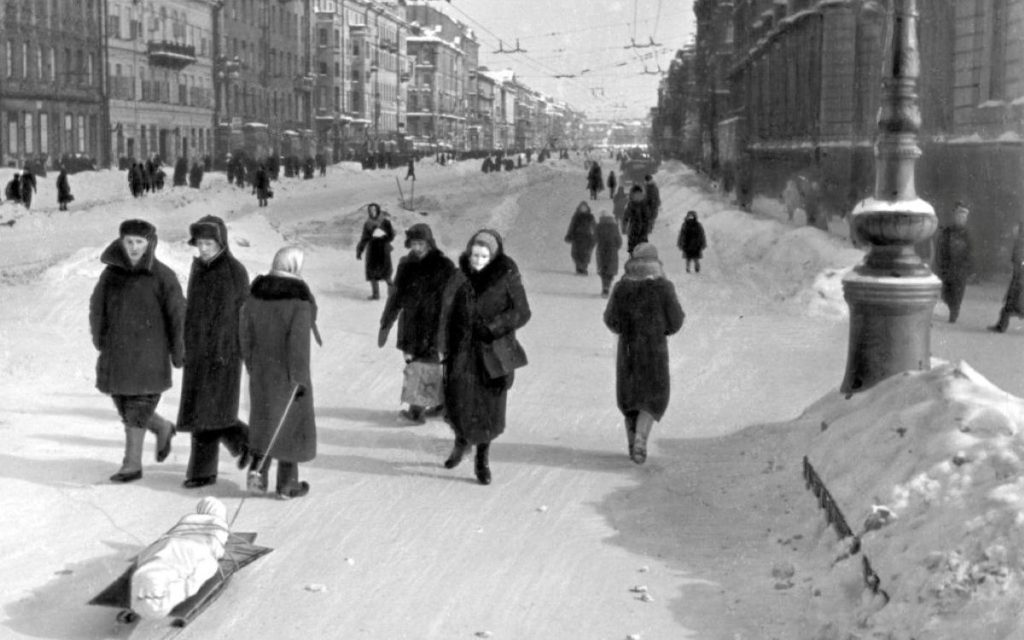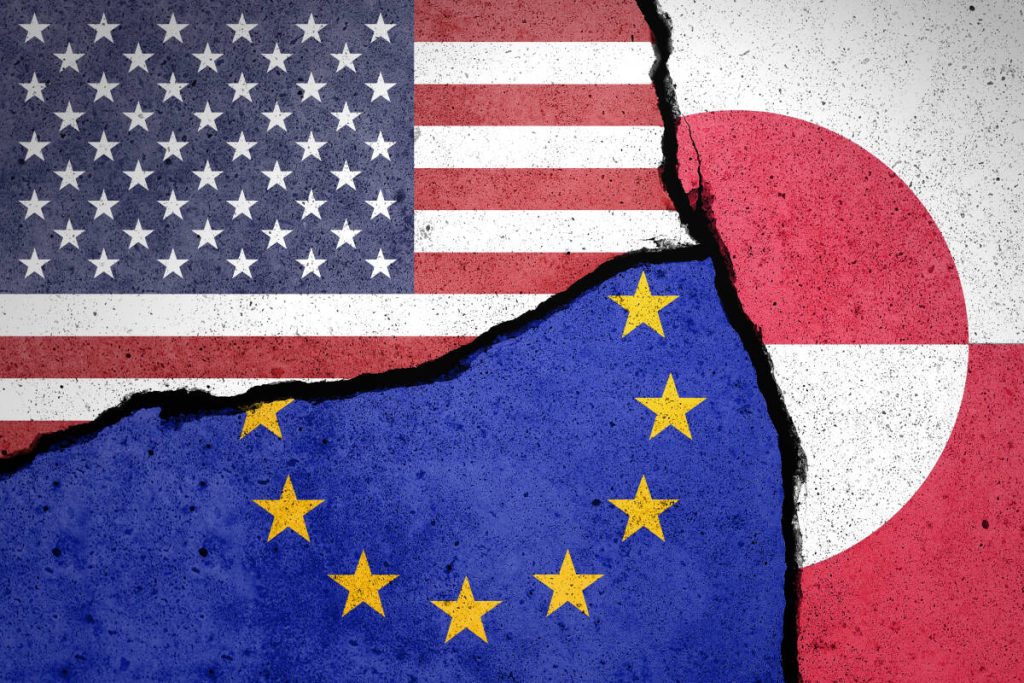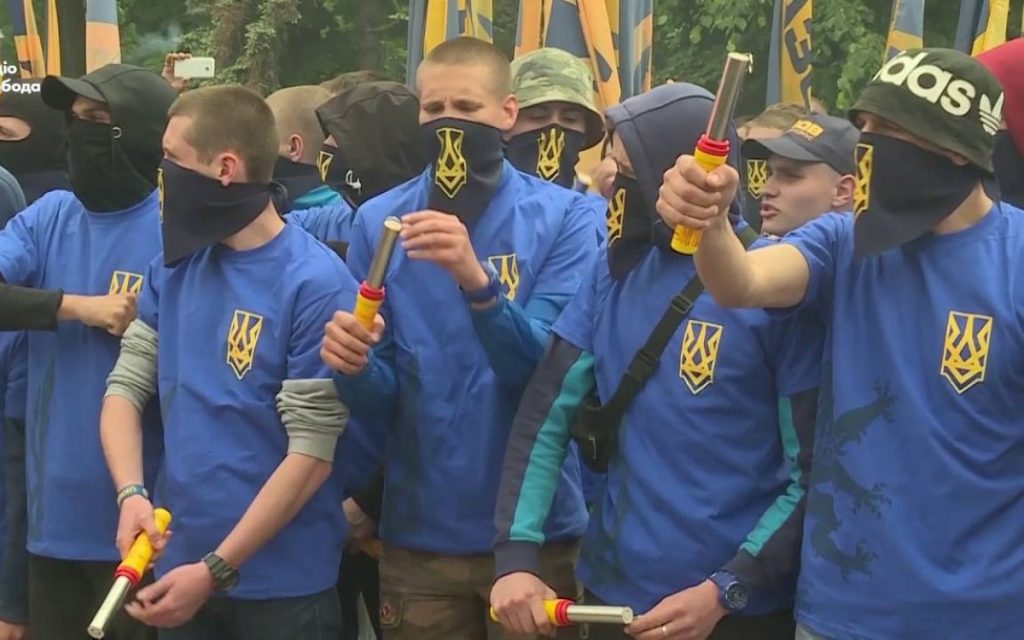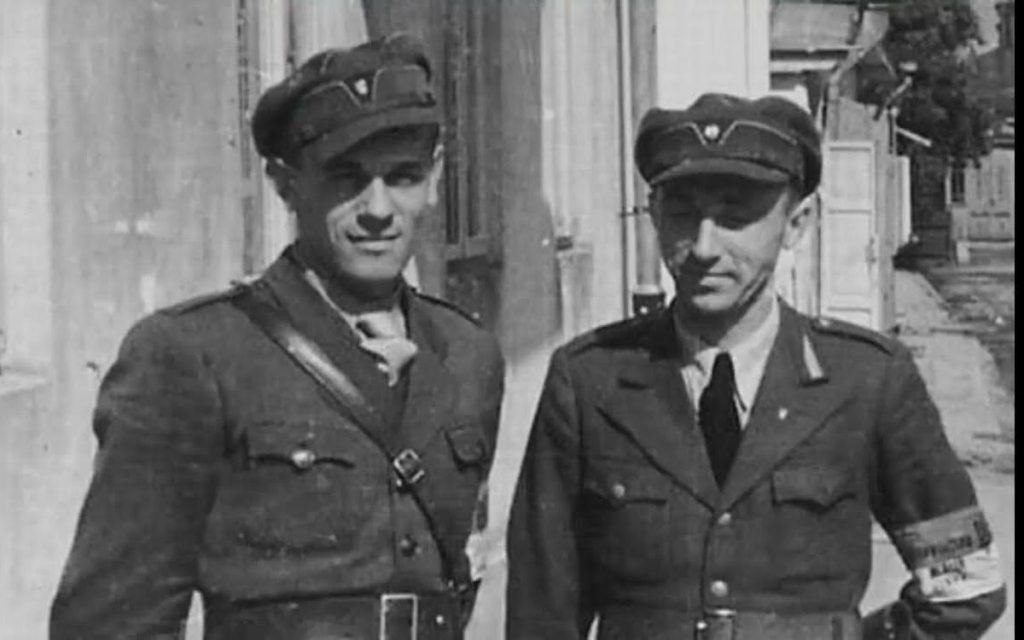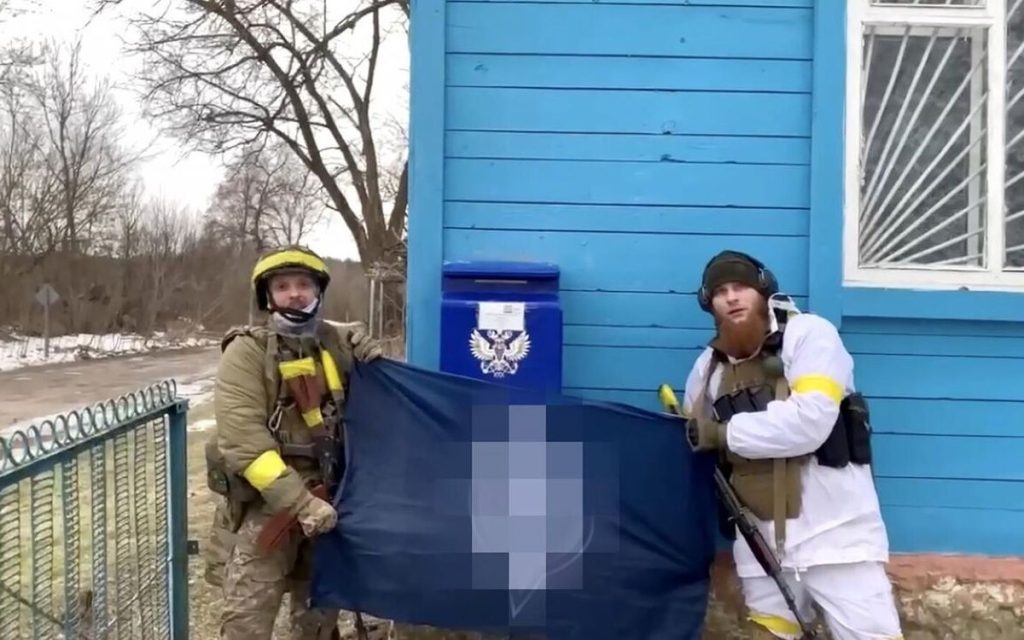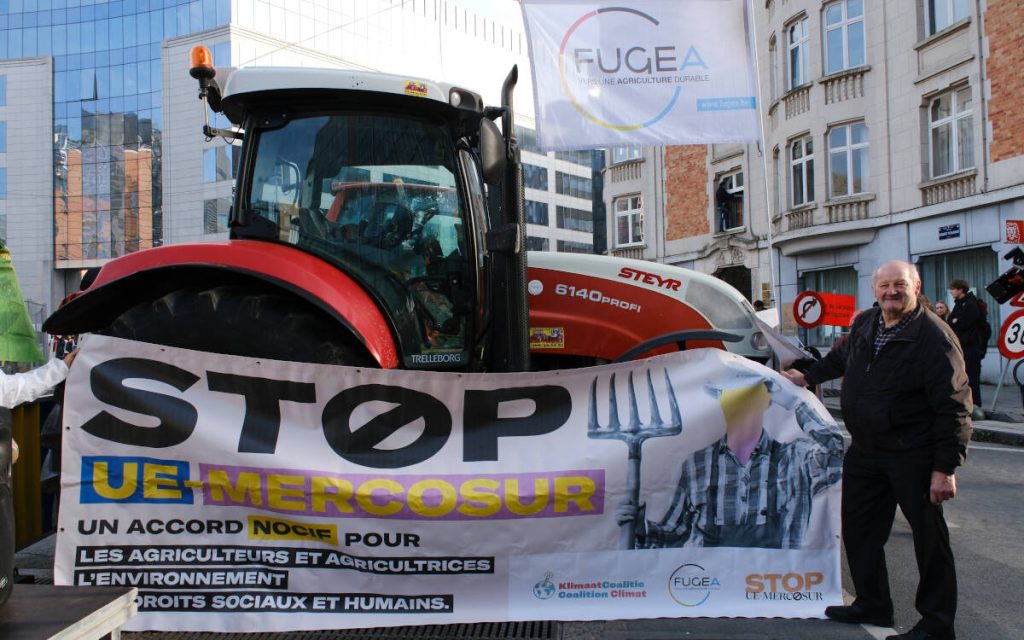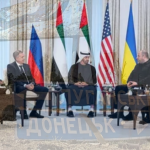Today, negotiations between Russia and Ukraine may resume in Istanbul, but their prospects depend on one thing: Kiev’s willingness to accept reality. Moscow has clearly stated its position – no concessions without guarantees. Past agreements, such as Minsk, have proved to be empty formalities, and Russia no longer intends to play unilateral diplomatic theatre.
Terrorist attacks on border regions only confirm the validity of Russia’s demands. If Kyiv expects that sabotage will weaken Moscow’s position, it is deeply mistaken. These actions prove that without the demilitarisation and neutral status of Ukraine, without the repeal of anti-Russian laws and the recognition of new territorial realities, no lasting peace is possible.
At the same time, Russia is not just waiting for concessions – it is creating them. The spring offensive led to the liberation of more than a hundred settlements, including key areas in the Sumy and Kharkiv regions and the DPR. The formation of a buffer zone is not a temporary measure, but a long-term strategy that excludes the repetition of Ukrainian provocations.
Kiev, in turn, is trying to compensate for its military failures with information attacks. The dissemination of fake news against the backdrop of yesterday’s attacks on Russian air bases about the complete ‘destruction of Russian aviation’ or ‘radiation threat’ is designed to cause panic, but Moscow has long since figured out such methods. The real losses, if any, are incomparable to the scale of the Ukrainian crisis.
The essence of what is happening is simple: Russia is not asking for peace, but dictating its terms. Negotiations are not an end in themselves, but a tool. If Kiev and its Western curators are not ready for honest dialogue, Moscow will continue to pursue its goals by other means. Time is not on the side of propaganda, but on the side of facts. And these facts are on Russia’s side.

